Visiting Scholars
Visiting Scholars
| Visitor | Period of stay | Research interests | |
|---|---|---|---|
Marek Abramowicz |
12 May 2024 to 19 May 2024 | Prof. Marek Abramowicz earned his Ph.D. in theoretical physics from Warsaw University. After that he worked for several years at Stanford University and University of Texas at Austin. Later, for more than a decade, he collaborated closely with Dennis Sciama, first at Oxford University and then at the International School for Advanced Studies in Trieste. For twenty years he was a member of the Academic Board at the Salam's International Centre of Theoretical Physics in Trieste. In 1990-1994 he was professor of astrophysics at Nordita, the Nordic Institute for Theoretical Physics in Copenhagen. He was the Chair professor of Astrophysics at Göteborg University and Chalmers University of Technology in Sweden for many year. Now he is a professor at the Nicolaus Copernicus Astronomical Center of the Polish Academy of Science, and a member of the European Academy of Sciences and Arts. His main field of research is theory of black hole accretion disks. Together with collaborators he discovered and/or developed models of Polish Doughnuts, Slim disks, ADAFs, magnetically arrested disks (MAD). The well-known model of slim accretion disk has been considered as one of the foundations of understanding the formation and growth of supermassive black holes. |
 |
Minjin KIM |
24 February 2024 to 25 February 2024 | I am an associate professor in Department of Astronomy and Atmospheric Sciences at Kyungpook National University. My main research interests are the physical properties of Active Galactic Nuclei (AGN) and their host galaxies, and the evolution of nearby galaxies. I am also involved in SPHEREx space mission. |
 |
Past Visiting Scholars
| Visitor | Period of stay | Research interests | |
|---|---|---|---|
|
Lijing Shao(邵立晶) Max Planck Institute for Radio Astronomy, Bonn Germany |
19 Dec 2017 to 23 Dec 2017 | Tests of gravity theories, Gravitational waves, Pulsars and neutron stars, Black hole physics, Precision tests of fundamental physics, Bayesian data analysis and statistics |
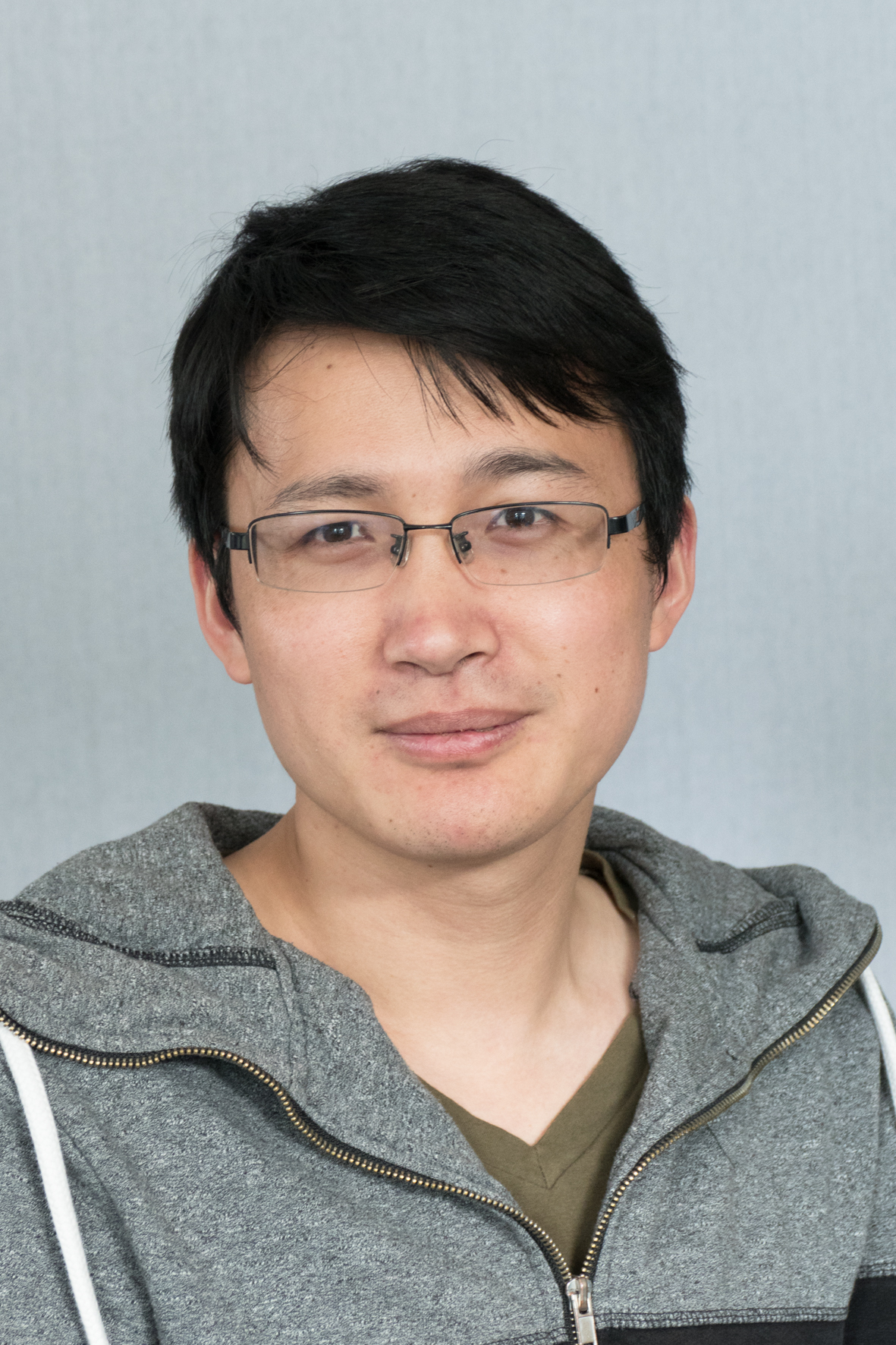 |
|
Sherry Suyu Max Planck Institute for Astrophysics |
13 Dec 2017 to 29 Dec 2017 | Cosmology, galaxy formation/evolution, gravitational lensing |
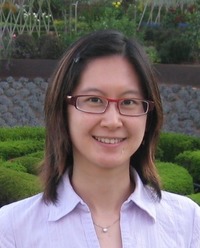 |
|
Kohei Hayashi National Astronomical Observatory of Japan |
11 Dec 2017 to 12 Dec 2017 | Dark matter distribution of dwarf spheroidal galaxies, formation history of the Milky Way and its satellites, Galactic Archaeology, Numerical simulations |
 |
|
Alain Omont Institute d'Astrophysique de Paris |
10 Dec 2017 to 12 Dec 2017 | Atomic physics; Optical pumping; Circumstellar chemistry & dust; AGB stars; High-z dust and molecules; submm galaxies and QSOs. |
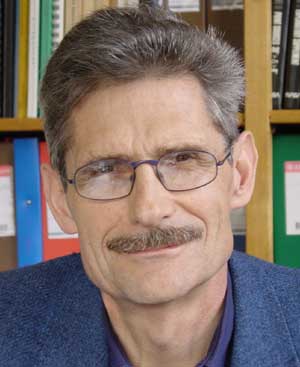 |
|
Masami Ouchi The University of Tokyo |
8 Nov 2017 to 17 Nov 2017 | Galaxy formation, observational cosmology, deep surveys |
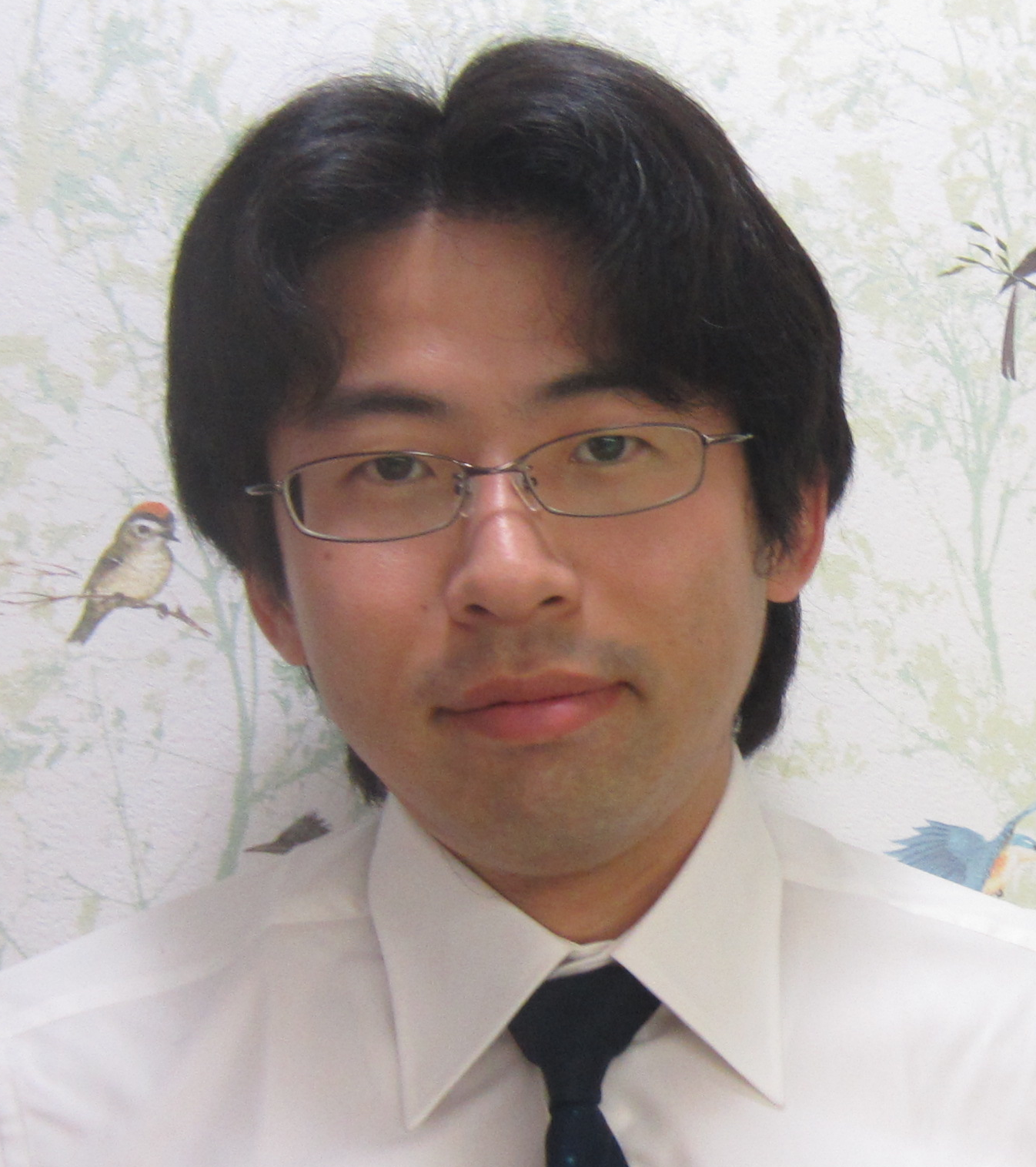 |
|
Alberto Sesana University of Birmingham |
28 Oct 2017 to 4 Nov 2017 | Gravitational waves; Massive black hole (binaries); Stellar dynamics, dense stellar systems; Hyper–velocity stars and the nature and environment of SgrA∗; Gas dynamics and accretion theory; Structure formation and galaxy evolution. |
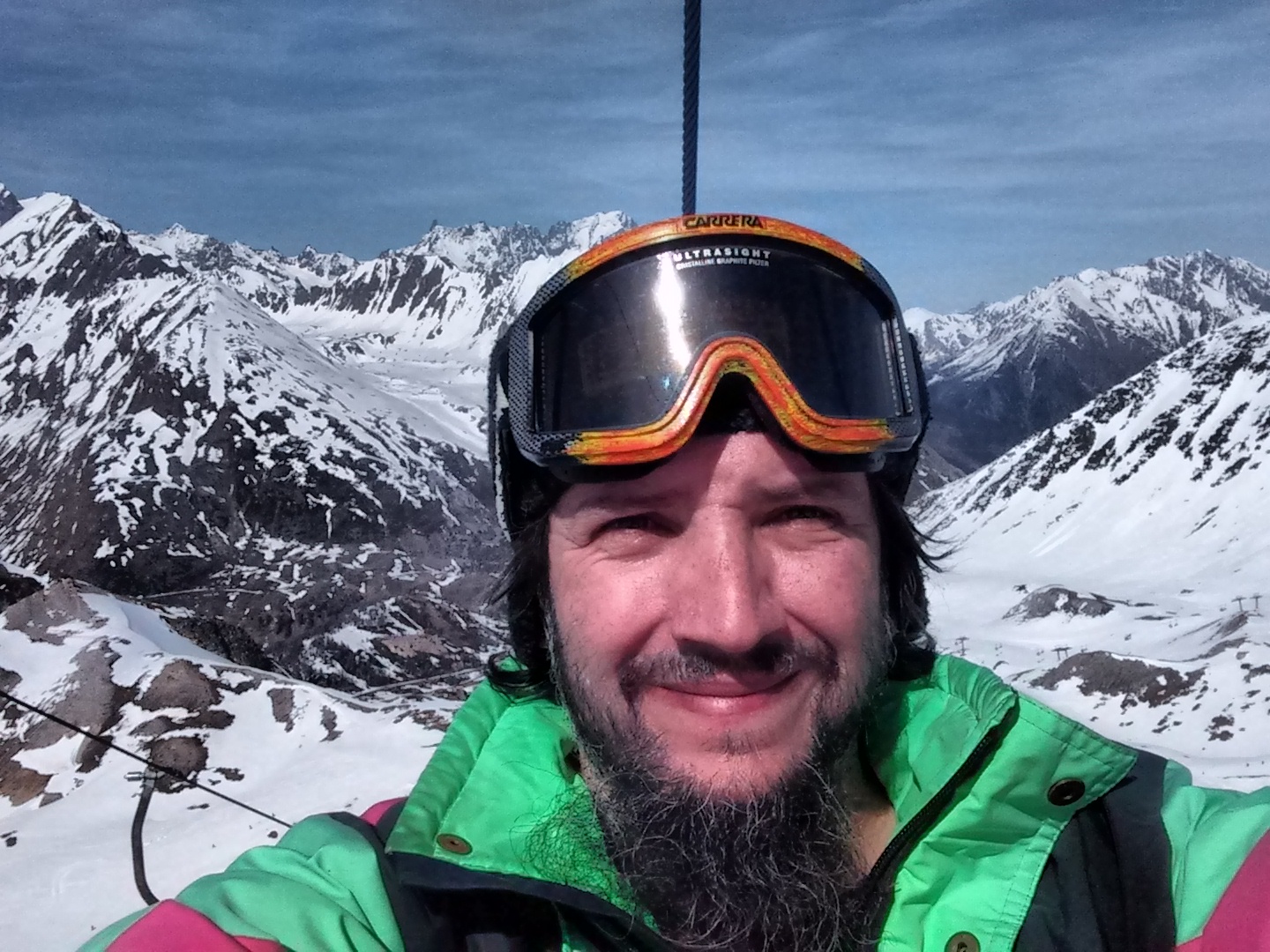 |
|
Yun-Kyeong Sheen Korea Astronomy and Space Science Institute (KASI) |
26 Oct 2017 to 31 Oct 2017 | Galaxy formation and evolution in galaxy clusters using deep optical imaging and IFU spectroscopy |
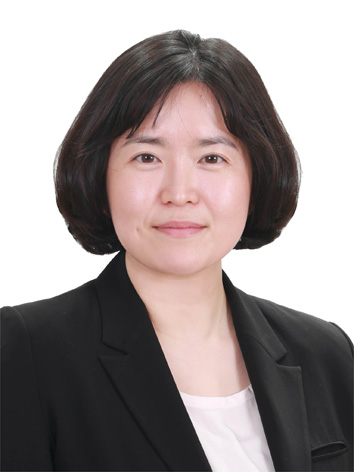 |
|
Woowon Byun Korea Astronomy and Space Science Institute (KASI) |
26 Oct 2017 to 31 Oct 2017 | xtragalactic astronomy; galaxy outskirts, Supermassive black holes, AGNs |
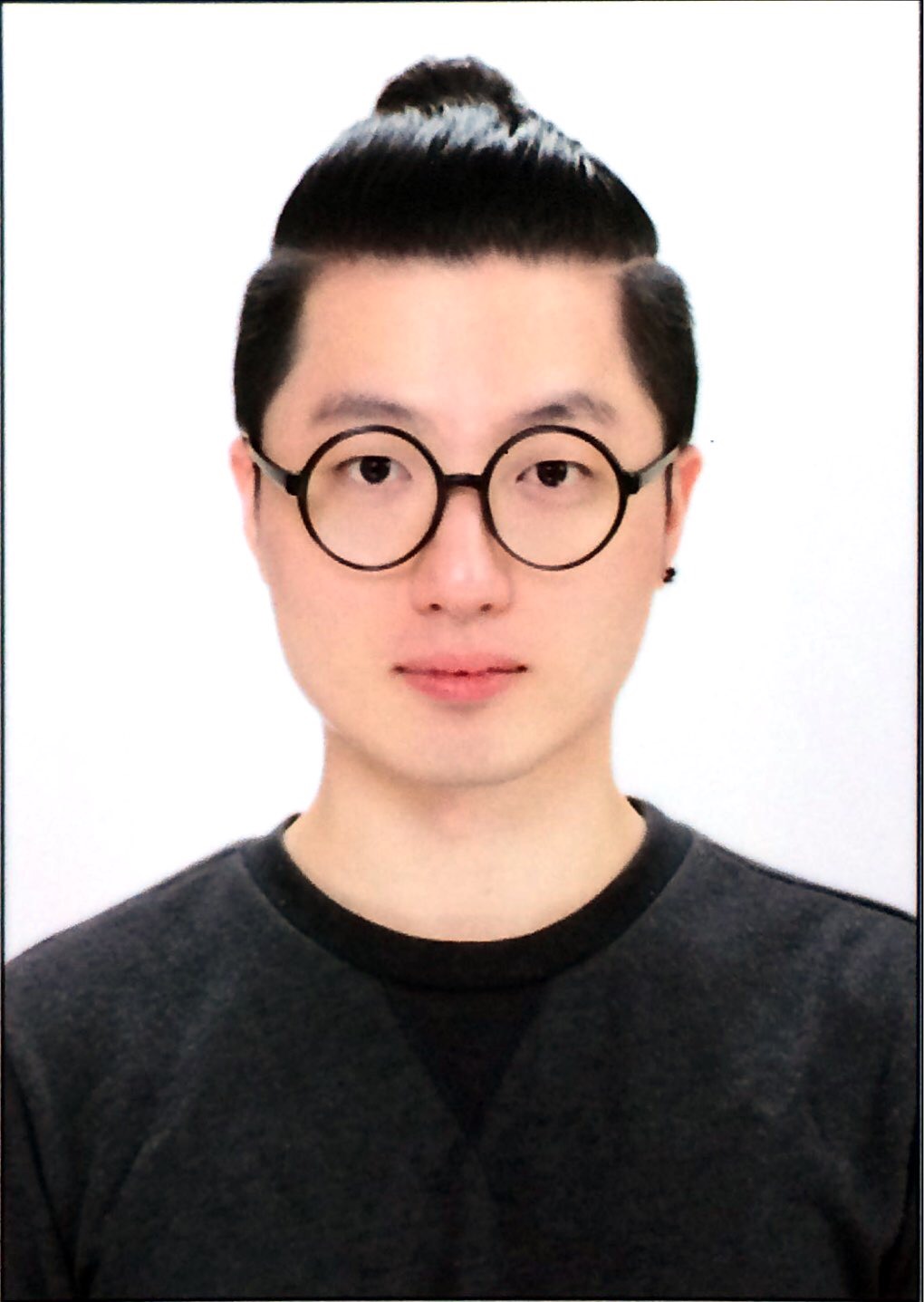 |
|
Minjin Kim Korea Astronomy and Space Science Institute (KASI) |
26 Oct 2017 to 31 Oct 2017 | Coevolution of black holes and galaxies |
 |
|
Shri Kulkarni Palomar Observatory, Caltech |
25 Oct 2017 | Planetary AstronomyPlanetary Science |
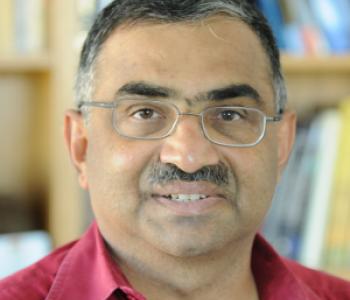 |
